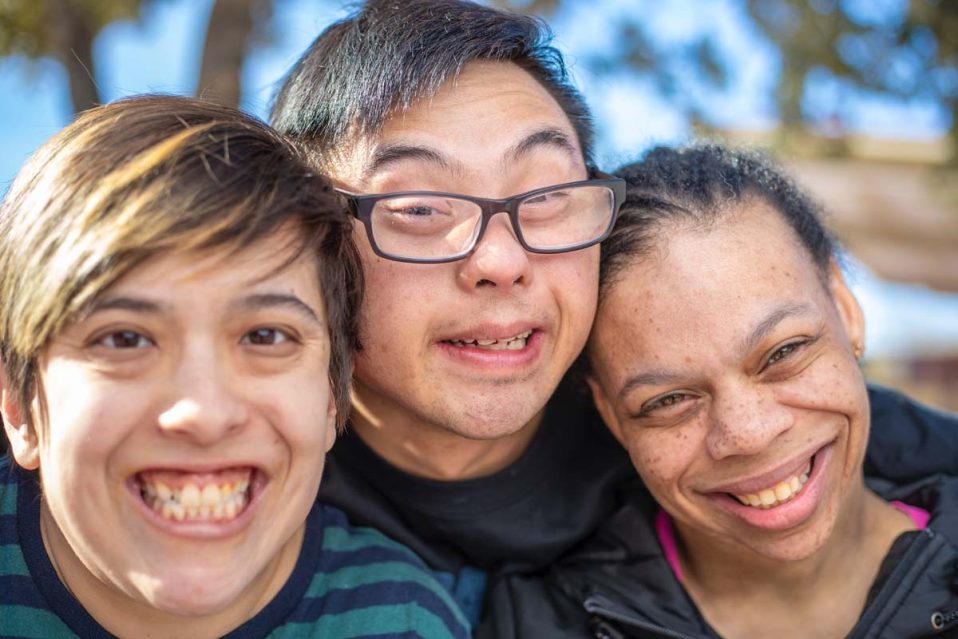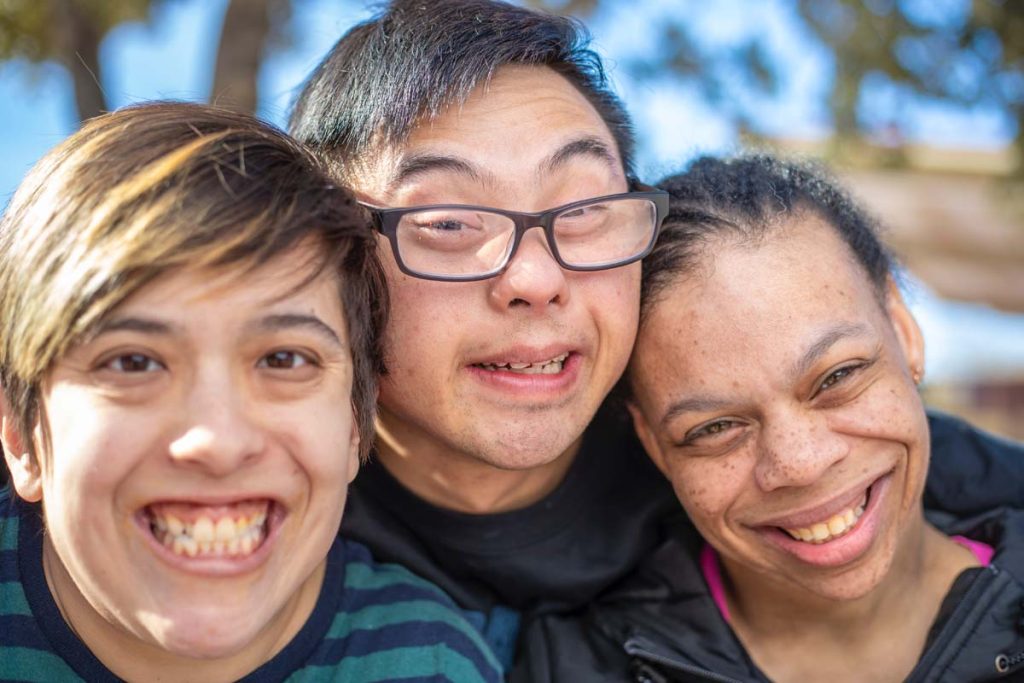CONTACT: Luciene Parsley, DRM Litigation Counsel, LucieneP@DisabilityRightsMD.org, 443-692-2494
BALTIMORE, MD — On January 9, 2025, Disability Rights Maryland, Inc. (DRM), represented by the Washington Lawyers’ Committee for Civil Rights and Urban Affairs and co-counsel Wiley Rein LLP, filed a lawsuit against the Maryland Department of Health (MDH) and Dr. Laura Herrera Scott, in her official capacity as Secretary of the MDH. The lawsuit challenges MDH’s continuous failure to provide timely and appropriate mental health care and supportive services to criminal defendants who have been deemed incompetent to stand trial (IST) as is required by Maryland law.
Maryland Code Ann., Crim. Proc. §3-106(c)(2)(i) requires MDH to transfer individuals found IST and dangerous to a designated health care facility within 10 business days of MDH’s receipt of the court’s order for the purpose of competency restoration and treatment. However, as set forth in the complaint, MDH has persistently failed to fulfill this obligation, leaving more than 200 IST-adjudicated defendants statewide languishing in jails and other correctional facilities — some for weeks to months at a time. The complaint further alleges that MDH is violating the Americans with Disabilities Act and Section 504 of the Rehabilitation Act by over-designating criminal defendants as dangerous and failing to provide competency restoration in the most integrated setting available. Over forty percent of IST-adjudicated defendants who are indefinitely detained were charged with misdemeanor offenses or non-violent felonies. DRM believes many of these individuals were improperly labeled as dangerous and that many who are currently languishing in jails could likely be restored to competency in the community if they were provided with appropriate supports.
“Leaving people with disabilities in jail deprives them of needed services and supports and has no rational relationship to moving them through the criminal process,” said Luciene Parsley, Litigation Director at Disability Rights Maryland. “We have received complaints about horrific conditions that individuals are kept in, such as being forced to sleep on the floor or maintained in solitary confinement for extended periods of time.”
The lawsuit highlights the devastating consequences of MDH’s inaction, detailing cases of Marylanders who were held in inhumane conditions and deprived of appropriate support as a direct result of MDH’s failure to comply with state law requiring prompt transfer to appropriate healthcare facilities. These individuals, all found IST, were confined in jails for prolonged periods without access to adequate mental health treatment or support, necessary medications, counseling, or basic care, leading to significant deterioration in their physical and mental health.
“Many of these individuals could be restored to competency in their own communities,” said Courtney Bergan, Equal Justice Works Fellow at Disability Rights Maryland. “Doing so would be more effective and efficient for everyone.”
“Maryland’s legislature expressly noted the serious constitutional implications of subjecting IST-adjudicated individuals to indefinite jail detention, delaying their access to needed treatment, when it modified the existing law to require MDH to implement hospitalizations within a specific – and short – time period,” said Wiley Rein’s Pro Bono Partner, Ted Howard. “MDH’s conscious and complete failure to comply with its statutory obligations in this regard is simply unacceptable and calls out for redress by the federal court.”
The lawsuit seeks declaratory and injunctive relief, asserting that the indefinite detention of IST-adjudicated individuals without treatment violates their rights under the U.S. Constitution, Article 24 of the Maryland Declaration of Rights, the Americans with Disabilities Act and Section 504 of the Rehabilitation Act. DRM is demanding systemic reforms to address MDH’s ongoing failures and to ensure timely and appropriate care for IST-adjudicated individuals in the most integrated setting appropriate to their needs.
“Maryland’s competency system is deeply broken,” said Ryan Downer, Legal Director with the Washington Lawyers’ Committee. “People determined by state courts to be in need of mental health services are instead left to rot in jail. Our hope is that this lawsuit will jolt state officials awake.”
About Disability Rights Maryland
Disability Rights Maryland is the federally mandated protection and advocacy agency for the state of Maryland, working to protect people with disabilities from abuse, neglect, and rights violations. DRM advocates for systemic change, emphasizing the importance of self-determination, inclusion, and access to services and support in the most integrated setting available.
About the Washington Lawyers’ Committee for Civil Rights and Urban Affairs
The Washington Lawyers’ Committee for Civil Rights and Urban Affairs works to create legal, economic, and social equity through litigation, client and public education and public policy advocacy. While we fight discrimination against all people, we recognize the central role that current and historic race discrimination plays in sustaining inequity and recognize the critical importance of identifying, exposing, combatting, and dismantling the systems that sustain racial oppression.
About Wiley Rein LLP
Wiley Rein LLP is a preeminent law firm in Washington, DC that has earned international esteem by achieving legal, regulatory, and policy successes for many of the world’s leading companies, organizations, and startups. The firm is consistently recognized for its strong commitment to pro bono work and service to the community, providing exceptional legal representation to support clients in achieving justice and equity.







